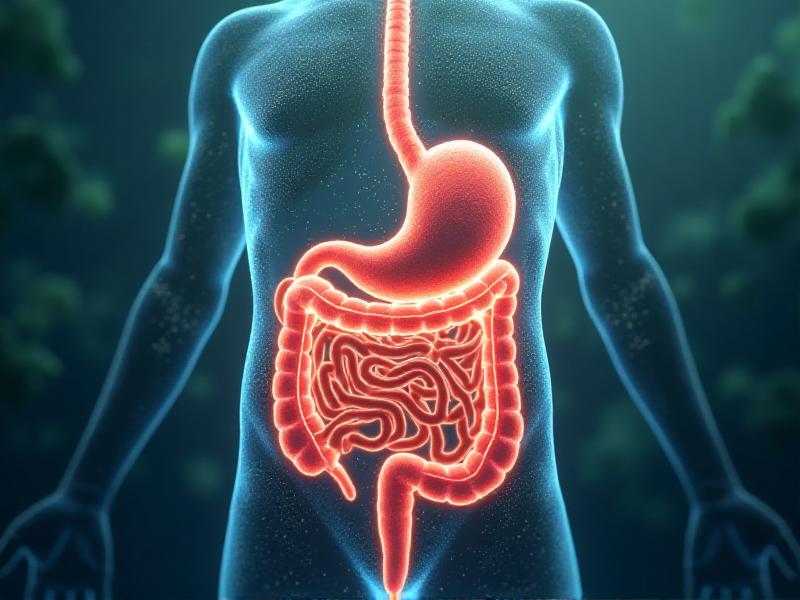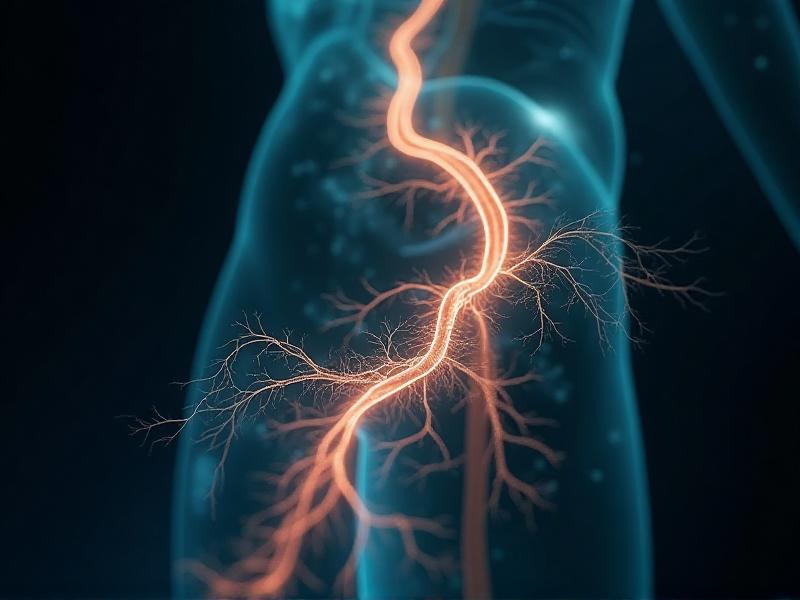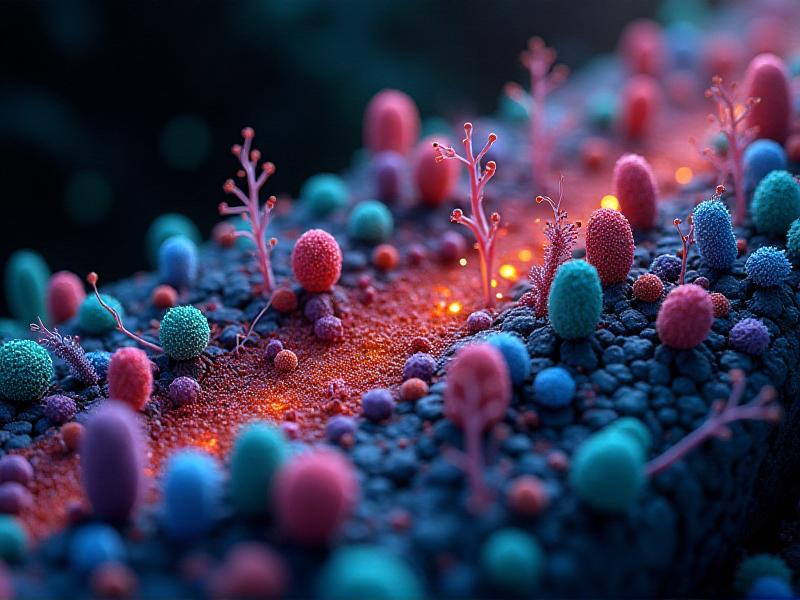From Gut to Brain: A Conversation About Healing
The Gut-Brain Connection: An Introduction to the Second Brain
Have you ever felt butterflies in your stomach before a big presentation or experienced a "gut feeling" about a decision? These sensations are more than just metaphors—they are evidence of the profound connection between your gut and your brain. Often referred to as the "second brain," the gut is home to a complex network of neurons, neurotransmitters, and microbes that communicate directly with your central nervous system. This intricate relationship, known as the gut-brain axis, plays a pivotal role in your overall health, influencing everything from digestion to mood.
Recent research has revealed that the gut microbiome—the trillions of bacteria, viruses, and fungi living in your digestive tract—can significantly impact mental health. Conditions like anxiety, depression, and even neurodegenerative diseases have been linked to imbalances in gut bacteria. This discovery has opened up new avenues for healing, emphasizing the importance of nurturing both the gut and the brain.

The Science Behind the Gut-Brain Axis
The gut-brain axis is a bidirectional communication system that involves the central nervous system, the enteric nervous system (ENS), and the gut microbiome. The ENS, often called the "second brain," consists of over 100 million neurons embedded in the walls of the gastrointestinal tract. These neurons produce many of the same neurotransmitters found in the brain, such as serotonin, dopamine, and gamma-aminobutyric acid (GABA).
One of the key players in this communication is the vagus nerve, a long cranial nerve that connects the brainstem to the abdomen. This nerve acts as a superhighway, transmitting signals between the gut and the brain. For example, when your gut detects inflammation or an imbalance in bacteria, it sends signals to the brain, which can influence your mood and behavior. Conversely, stress or anxiety can disrupt gut function, leading to issues like irritable bowel syndrome (IBS) or leaky gut.
Understanding this connection is crucial for developing holistic approaches to health. By addressing gut health, we can potentially alleviate mental health issues and improve overall well-being.

How Gut Health Influences Mental Health
The gut microbiome plays a significant role in regulating mental health. Studies have shown that individuals with depression or anxiety often have altered gut microbiota compared to healthy individuals. This is because gut bacteria produce neurotransmitters and other compounds that directly affect brain function. For instance, about 90% of serotonin, a neurotransmitter associated with feelings of happiness and well-being, is produced in the gut.
Imbalances in gut bacteria, known as dysbiosis, can lead to inflammation and the production of harmful metabolites that cross the blood-brain barrier. This can trigger neuroinflammation, which has been linked to conditions like depression, anxiety, and even Alzheimer's disease. On the flip side, a healthy gut microbiome can produce anti-inflammatory compounds and support the production of brain-derived neurotrophic factor (BDNF), a protein that promotes the growth and survival of neurons.
By nurturing gut health through diet, probiotics, and lifestyle changes, we can potentially improve mental health outcomes and create a more balanced emotional state.

The Role of Diet in Gut-Brain Health
What you eat has a profound impact on your gut microbiome and, by extension, your brain health. A diet rich in fiber, fermented foods, and polyphenols can promote the growth of beneficial bacteria, while a diet high in processed foods, sugar, and unhealthy fats can lead to dysbiosis. Foods like yogurt, kefir, sauerkraut, and kimchi are excellent sources of probiotics, which introduce beneficial bacteria into the gut.
Prebiotics, found in foods like garlic, onions, bananas, and asparagus, serve as fuel for these beneficial bacteria, helping them thrive. Additionally, omega-3 fatty acids, found in fatty fish, flaxseeds, and walnuts, have anti-inflammatory properties that support both gut and brain health. On the other hand, excessive consumption of alcohol, caffeine, and artificial sweeteners can disrupt the gut microbiome and negatively affect mental health.
Adopting a gut-friendly diet is one of the most effective ways to support the gut-brain axis and promote overall well-being.

Stress, the Gut, and the Brain: A Vicious Cycle
Stress is one of the most significant factors that can disrupt the gut-brain axis. When you're stressed, your body releases cortisol, a hormone that can alter gut permeability and lead to inflammation. This can result in conditions like leaky gut, where harmful substances escape the intestines and enter the bloodstream, triggering an immune response.
Chronic stress can also reduce the diversity of gut bacteria, making you more susceptible to infections and inflammation. This, in turn, can send signals to the brain that exacerbate feelings of anxiety and depression, creating a vicious cycle. Breaking this cycle requires addressing both the psychological and physiological aspects of stress.
Mindfulness practices, regular exercise, and adequate sleep are essential for managing stress and supporting gut health. By reducing stress, you can help restore balance to the gut-brain axis and improve your overall health.

Healing the Gut to Heal the Brain
Healing the gut is a powerful way to support brain health and emotional well-being. One of the first steps is to identify and eliminate foods that may be causing inflammation or irritation. Common culprits include gluten, dairy, and processed foods. An elimination diet can help pinpoint specific triggers and allow the gut to heal.
Probiotics and prebiotics are also essential for restoring gut health. Probiotics introduce beneficial bacteria, while prebiotics provide the nutrients these bacteria need to thrive. Additionally, supplements like L-glutamine, collagen, and omega-3 fatty acids can help repair the gut lining and reduce inflammation.
Lifestyle changes, such as reducing stress, getting regular exercise, and prioritizing sleep, are equally important. By taking a holistic approach to gut health, you can create a strong foundation for mental and emotional well-being.

The Future of Gut-Brain Research
The field of gut-brain research is still in its infancy, but the potential for groundbreaking discoveries is immense. Scientists are exploring the use of psychobiotics—probiotics that specifically target mental health—as a treatment for conditions like depression and anxiety. Other areas of interest include the role of the gut microbiome in neurodegenerative diseases like Parkinson's and Alzheimer's.
As our understanding of the gut-brain axis deepens, we may see more personalized approaches to health, where treatments are tailored to an individual's unique microbiome. This could revolutionize the way we approach mental health, shifting the focus from symptom management to root cause healing.
By continuing to explore the intricate relationship between the gut and the brain, we can unlock new possibilities for healing and well-being.










